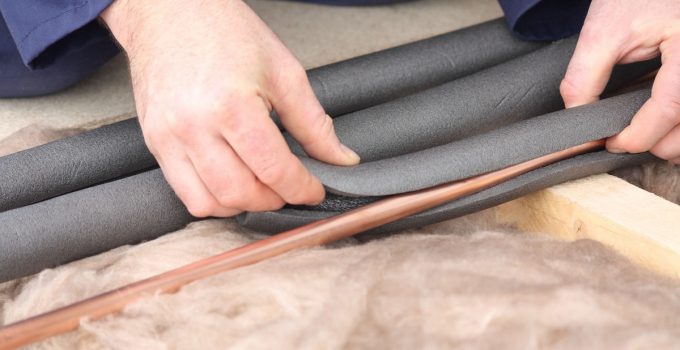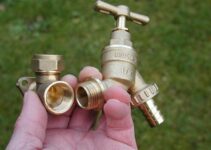To prevent the pipes from gaining or losing heat, we generally insulate them. Whether it is the wintertime or the summer’s heating period, insulation of pipes is always a good idea that will benefit you. In most cases, plumbers suggest that all insulations are acceptable for any application. However, this is not the correct way.
Both hot and cold pipes require different care and attention. Non-specific attention can lead to the failure of the systems sometimes. For more information, you can visit pipelagging.com.
Cold pipes when exposed to very low temperatures can freeze and even burst, resulting in a flood in the building. Insulation of cold piping systems prevents them from freezing. In the case of hot pipes, insulation saves your money by preventing heat losses from the piping system to the surrounding atmosphere. If you insulate the hot piping system, the temperature of water automatically increases up to 4 degrees Fahrenheit.
WHEN SHOULD YOU INSULATE YOUR PIPES?
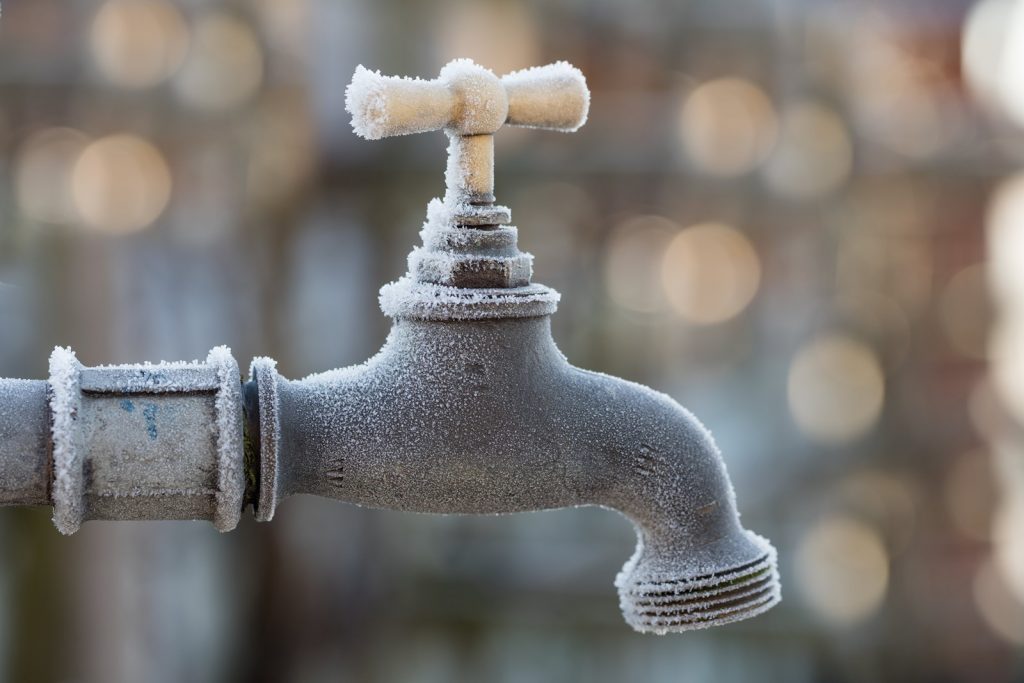
Source: sandypines.com
If your objective is to protect your water piping system from freezing, to eliminate sweating and molding issues of pipes, or to lower down the cost of heating water, isolation can help you. Mostly the pipes that need your attention and protection go through unheated areas such as exterior walls, mechanical rooms, basement spaces, unheated storage rooms in buildings, etc.
HOT WATER DUCTS VS. COLD WATER DUCTS
- Hot pipelines: Who doesn’t need hot water in the winter season? Hot pipeline systems are not likely to rupture due to freezing but you may get some other benefits from isolating them. Experts say that while the hot water travels from the heater to the washing machine or shower, it loses its heat. To prevent this heat loss and conserve energy, insulation becomes necessary.
- Cold pipelines: There is no doubt that cold pipeline systems need more attention and protection. The reason is that if you don’t insulate these pipes, they can freeze in the winter season and get burst in your homes. Your whole house can fill with burst water, and it will create a headache for you to clean this mess.
Another motive to keep these pipes isolated is to prevent heat absorption by them. This is because cold ducts tend to absorb heat from the areas of your home that you are trying to keep warm in the winter season. Last but not the least, isolating these ducts is the prevention of its sweating and condensation, which ultimately results in water stains.
ADVANTAGES OF INSULATING PIPING SYSTEM
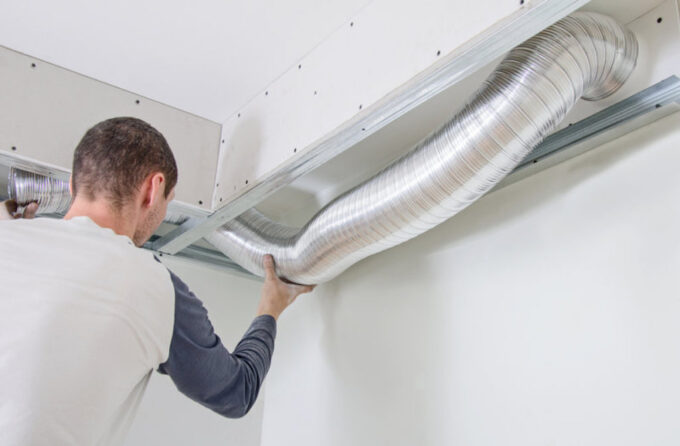
Source: dmselectservices.com
Don’t always get dependent upon your plumber to solve your problems. It is very easy to make DIY isolation. It is quite affordable and a simple project. Do you want to learn how insulation can help your pipes? Then, check out the following points:
- Conservation of energy: When you wish to opt for affordable methods to save your account balance, insulating the piping systems is the easiest way of saving energy as well as money for every homemaker.
- Prevention from freezing and cracking: The bursting of piping systems is the biggest problem faced by many homemakers. It is a wise act to insulate your pipes if you are living in very cold climatic conditions. This will help in keeping the water at a moderate temperature and restrict its freezing.
- Prevention of heat losses: The best and inexpensive method to restrict heat losses from the pipes of your water heater connected to your washing machine and showers, is to isolate them. Isolation of the piping system will help in keeping the temperature of water hotter than the non-isolated pipes.
- Helps in minimizing the condensation: In summers, isolating the cold pipeline systems in your house helps in regulating the humidity in its every part. Cold pipelines start sweating in the hot months of the year. This developed condensation results in raising the humidity in the house. This can also lead to water staining and mold formation.
- Restricts pipelines from expanding and contracting: Do you know insulating the water ducts helps in controlling their contraction and expansion? It is useful in increasing the lifespan of your ducts.
When there is no insulation provided on the water ducts, it tends to expand and contract due to the outside temperature changes. If this process keeps on happening for a long period, it can cause strains in the pipes, and eventually, they will come to a point where the leakage begins.
IS INSULATING THE PIPELINES WORTH THE COST?
Well, the answer to the above question is obviously, yes. It is especially cost-effective when you do it yourself. This cuts the cost of any labor required to do the same work. If you are building your new home, then it is the perfect time to plan the isolation of your piping systems as well.
HOW TO INSULATE DUCTS?
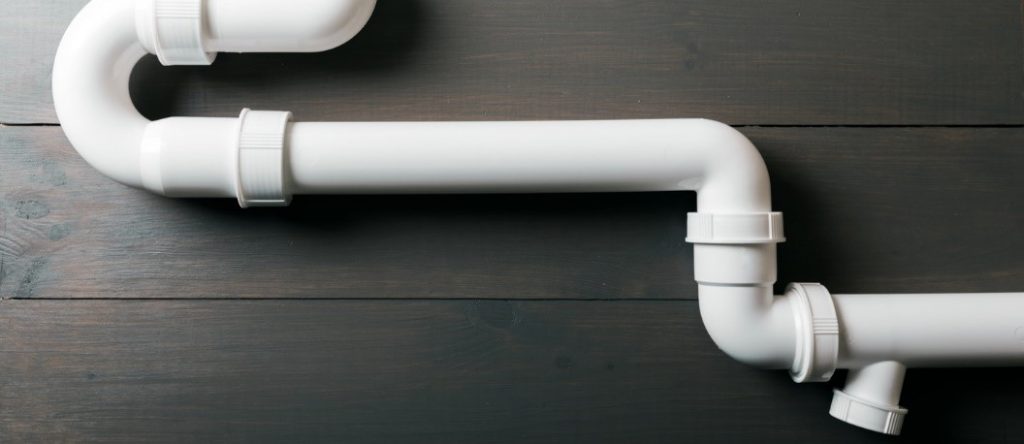
Source: zameen.com
Tools you may need: Measuring tape, pipeline sleeves from any hardware shop, duct or acrylic tapes to fit the pipe sleeves, aluminum foil tape, gloves, scissors, shape cutting tool, or a box cutter.
STEPS:
- Measurement: First of all you need to measure the length of the ducts to be insulated. Start measuring the length right from the starting of the heater. It is essential to isolate the first three feet of the duct beginning from the heater.
- Cutting: The next step is to use a sharp tool to cut the pipeline sleeves up to the lengths required.
- Fitting: Now it’s time to place all the cut pieces around your pipe with its seam face downwards.
- Securing: Use tapes, or wire to fix the cut pieces around the ducts. Try to clamp the insulation on the duct every two feet.
TO SUM UP
Sometimes, professional skills are required if you are unable to tackle the issues with your piping system. It is sensible to call a professional plumber when you have no idea about the insulating process.
However, if you have decided to do it yourself, make sure that you have gathered all the required information. You must be aware of the layout of your home plus the energy demand in every part.

